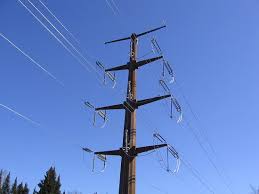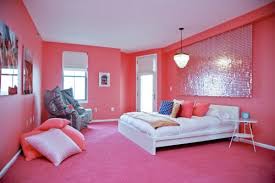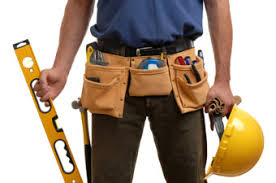 Obstacles that prevent homes from selling
Obstacles that prevent homes from selling
When a home doesn’t sell it can be attributed to one or more factors. Some homes sell in a matter of hours while others languish on the market for months or years and may never sell. Obviously there is a reason why a house doesn’t sell which leads to speculation about what went wrong. Is it because of the price, the exposure and marketing, the condition, staging or lack of, the time of the year, access to the property, reluctance to make repairs, etc? The list seems endless. What I’ve noticed after helping both buyers and sellers are common threads about why homes don’t sell. Here’s a few that I’ve observed….
⦁Things that never bothered the sellers that shouldn’t bother buyers. 
⦁ The house is priced too high.
The sellers are waiting for that special cash buyer that will fall in love with their home and the enamored potential buyer will pay the above market asking price. (With the current Canadian exchange rate, it probably will not be a Canadian!) Along this same line is “we can always come down” but only after the house has sat on the market for a while. There are a couple of problems with pricing your home too high. After buyers ask about the price, the very next question is “how long has it been on the market?” As the days on the market accumulate, sellers begin to lose their negotiating power and buyers feels justified in offering a discounted price which is logical because it has not sold. Pricing your home high will turn buyers away when buyer traffic is most important which is when it initially goes on the market. Then they will be reluctant to submit offers since the list price and true market value are so far apart.
⦁ The house is “too you” 
While you are extremely proud of your bold pink room, look at it from the buyer’s view point even if you have to put your ego aside. Not everyone is going to like what you like. When it comes to décor, less is best and simplier is better. Show the spaciousness of your home, not your collection of antique furniture. De-clutter and remember that how you live in your home is not the same as when you’re trying to sell it. It should be prepared to appeal to the largest percentage of buyers, regardless of the seller’s taste. Buyers want to visualize themselves in the home, not to be overwhelmed by the family photos, extreme color schemes and seller’s personal preferences.
⦁ The “fix or upgrade” list keeps growing. 
As a buyer walks through a house they enter the house with a mental ledger with two columns. One is “wow, that’s impressive” while the other is the “I’ll need to fix or upgrade” column. They notice deferred maintenance and outdated features and automatically put this in the “to fix or upgrade” column at an inflated price. As the second column grows the buyers feel justified in discounting the list price, or moving on to a house that requires fewer repairs and upgrades. The common justification that sellers give for this type of behavior is “the buyers will want to put in their own type of flooring, lighting, landscaping, updated appliances,” etc. or whatever the seller doesn’t want to fix. Remember buyers don’t have extra cash lying around to make these upgrades. It may not be in the budget to do a complete remodel, but do realize the thought process of the buyer.

